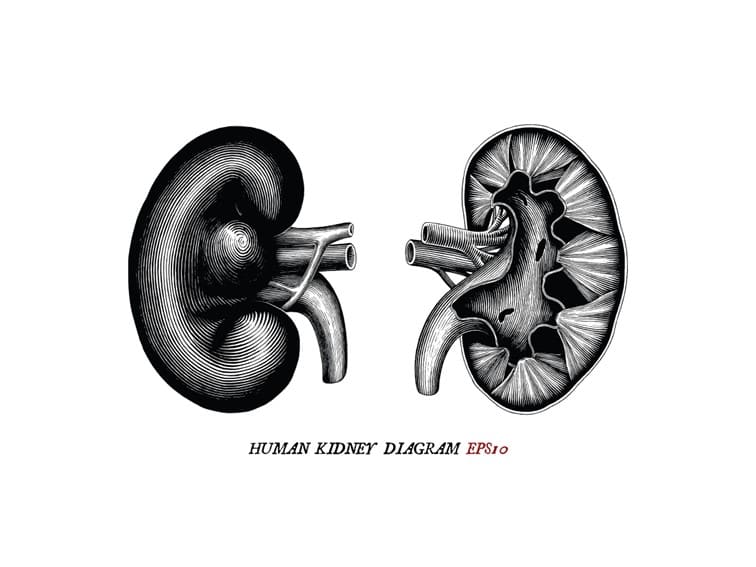How to protect kidneys | Dr. Kavitha Gone Explains
First of all, know your risk. If you have diabetes, high blood pressure, heart disease, or a family history of kidney disease your risk of developing kidney disease increases. The next thing you must remember is that kidney disease is a slowly and silently progressive disease. It doesn’t cause any symptoms – in some cases, even up to the third stage of the disease. In most cases, symptoms manifest in the fourth and fifth stages of the disease.
The only way to know your kidneys are healthy is to get tested. How often should you get tested – your nephrologist will decide based on your risk.
Pay Attention to Your Diet
Avoid taking excess salt and sugar. Ensure that your daily sodium intake should not cross the recommended limits. Avoid canned, preserved, processed, and canned foods – and also all types of sugary beverages and soft drinks – such as sodas.
- Use low-fat milk and milk products
- Use broiled meat, fish, or chicken instead of fried ones.
- To avoid using excess salt try using mixed spices
- Peel and eat an orange instead of drinking orange juice
- Read food labels before using them
Remember – To protect your kidneys, your diet plays an important role. If you have diabetes, high blood pressure, and heart disease, you must work with your dietician to formulate a meal plan that meets your needs.
What Else Can You Do to Reduce the Risk of Developing Kidney Disease?
Be Active – involve in all types of work that makes you move. Use stairs instead of using an elevator. Make walking a routine activity. Get involved in any physical activity that you like for at least 3 days a week.
Avoid taking over-the-counter painkillers excessively unless it is necessary or suggested by your doctor. Excessive use of antibiotics and painkillers is not good for your kidneys.
Manage your blood pressure – keep yourself active – walk and do some type of activity and take your medications as prescribed if you have high blood pressure.
Diabetes is the major risk factor for kidney disease and high blood pressure. Therefore, work with your diabetologist and dietician to keep your sugar levels under check.
Avoid smoking and alcohol if you are at a high risk of kidney disease.
Get your kidney function and urine tests done every 3 months.
Keep yourself well hydrated
When You see your nephrologist, ask him or her the following questions about your kidney health:
- How should I know I have kidney disease?
- How often should I get my kidneys checked?
- What should I do If I have diabetes?
- How often should I check my blood sugar levels?
- What should be my blood sugar levels?
- What is my blood pressure?
- What should I do if I have High blood pressure?
- What should be my urine albumin levels?
- What is my glomerular filtration rate (GFR)?
Other important questions
- What happens if I have kidney disease?
- What Should I eat?
- What kind of physical activity can I do?
- Should I be more physically active?
- Do I need to take different medicines?
- What should I do to keep my kidneys healthy?
- How to protect kidneys
- What should be my ideal weight
- Should I be taking ACE inhibitors or ARBs for my kidneys?
- Do I need to talk with a dietitian to get help with meal planning?
Remember – your kidneys suffer damage silently. Therefore, you don’t have any clue whatsoever about what is going wrong with your kidneys. With proper knowledge, and awareness and by following a healthy lifestyle you will know or get the clues if something goes wrong with your kidneys – the sooner you know the better

Leave a Reply